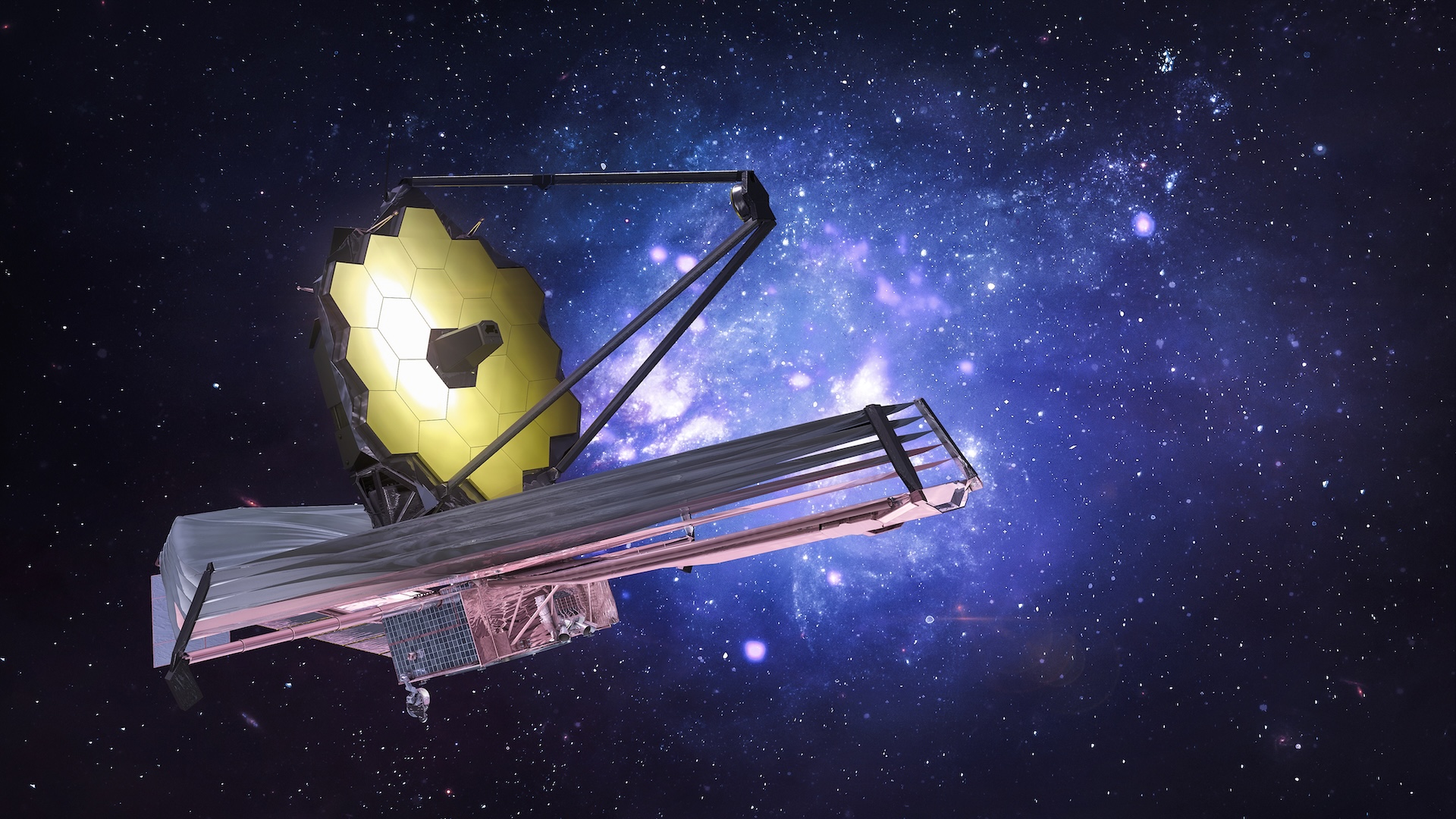Mysterious Phoenix Lights a UFO Hoax

On Monday evening, April 21, mysterious lights were seen over Phoenix, Arizona. At just after eight, hundreds of residents called police and local news media to report four bright red lights hovering silently over the city. They changed shape after a while, moving from a triangular to rectangular configuration, then disappeared one by one.
The Air Force had no explanation for the lights, and air traffic controllers said that whatever was causing the lights didn't show up on radar. Theories abounded, with UFOs and aliens of course being very popular. One UFO enthusiast named Jeff Woolwine said that he is certain that the lights are from alien spaceships.
The lights remained a mystery and became a national media story.
The case took a twist two days later when a local television station aired a startling confession by an anonymous hoaxer: He had created the UFO lights using road flares tied to helium balloons, launching them in one-minute increments. Some people were amused by the hoax, others were angered, and many conspiracy-minded UFO buffs were skeptical of such a mundane explanation.
It's true that just because a person has confessed to a hoax doesn't mean the case is solved. After all, people often falsely confess to things they didn't do—including murder (for example, John Mark Carr falsely confessed to killing JonBenet Ramsey in 2006). A confession (especially an anonymous one) by itself is not credible unless corroborated by physical evidence. In this case, however, the evidence is overwhelming that the Phoenix Lights were indeed a hoax. Let's consider the facts.
1) The formation of the lights is consistent with independently moving objects, not fixed lights on an aircraft. They rose into the air together, stayed in more or less the same formation while in the same air currents, then drifted apart as they gained altitude. Also, the mysterious lights drifted toward the east—the same direction as the wind.
2) Air traffic controllers reported that nothing showed up on their radar. If the lights were the only visible part of a metallic spaceship or airplane, they would have been clearly on radar. However, "UFOs" consisting of small balloons, road flares, and some fishing line would be invisible to radar.
Get the world’s most fascinating discoveries delivered straight to your inbox.
3) The way the lights disappeared also supports the hoax theory. They did not zoom away at high speed, as one might expect from an aircraft. Nor did they all suddenly and mysteriously disappear. Instead, eyewitnesses reported that the lights were visible for between 15 and 30 minutes, until they went out one by one. This is exactly the pattern we would expect to see from flares that were lit (and launched) in sequence: they would go up, remain lit for about 20 minutes, then first flare would extinguish. A minute or two later the second would burn out, and so on.
4) One of the hoaxer's neighbors, a Mr. Mailo, actually saw the hoaxer launch the helium balloons and flares. Mailo said the flares were lit about 8 p.m., just before the UFO lights were first sighted. Thus the mysterious Phoenix Lights of 2008 are explained. Any object seen in the sky, especially at night, can be very difficult to identify, and it's no wonder that the lights puzzled many people. All that is needed to create a UFO sighting is one person who may not recognize a light or object in the sky. But just because people — even thousands of people — don't know what they are seeing doesn't mean that someone else (maybe a hoaxer), doesn't know exactly what it is.
This is not the first time that strange lights have appeared in the dark skies over Phoenix. In 1997, similar lights were reported by hundreds; the military had been dropping flares over a nearby testing range, though many UFO believers rejected that explanation as part of a military cover-up.
The Phoenix Lights of 2008 shows just how easy it is to fool the public and create a media stir. All it takes is a few balloons and flares, some spare time, and a mischievous streak.
Benjamin Radford has researched mysterious phenomena, including UFO sightings, crop circles and lake monsters, for over a decade. His books and films can be found on his website.



